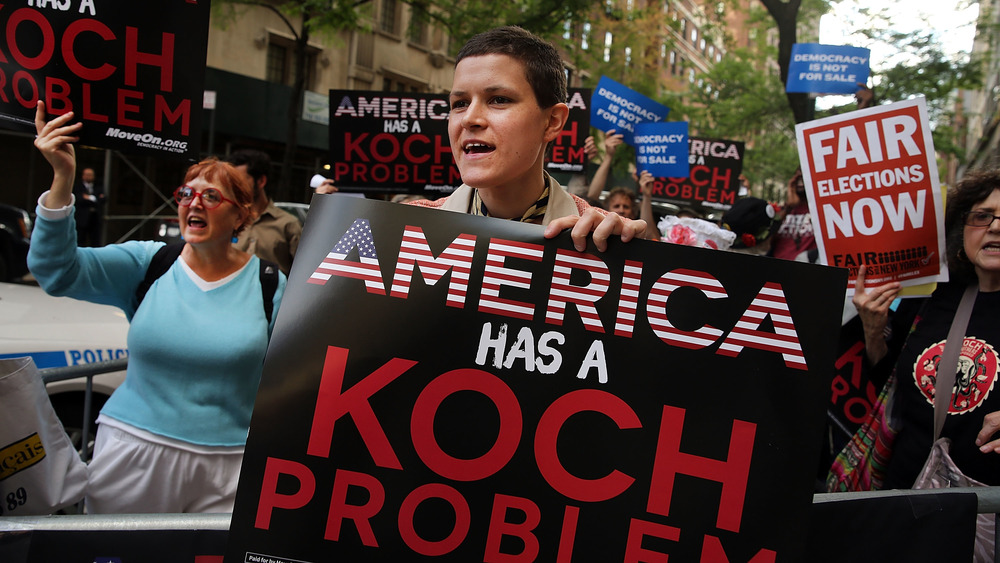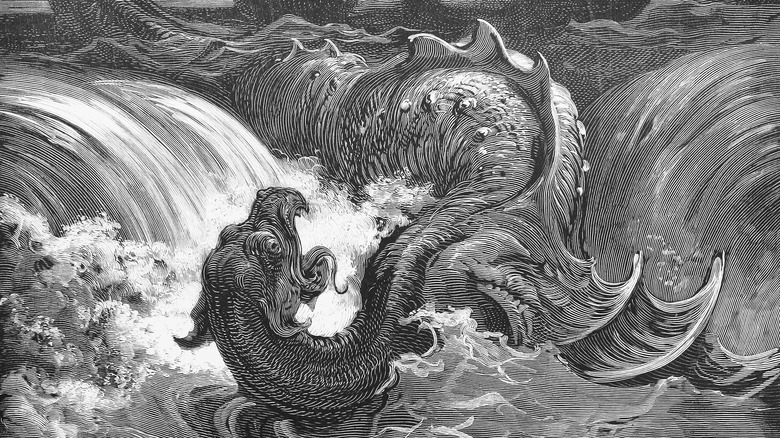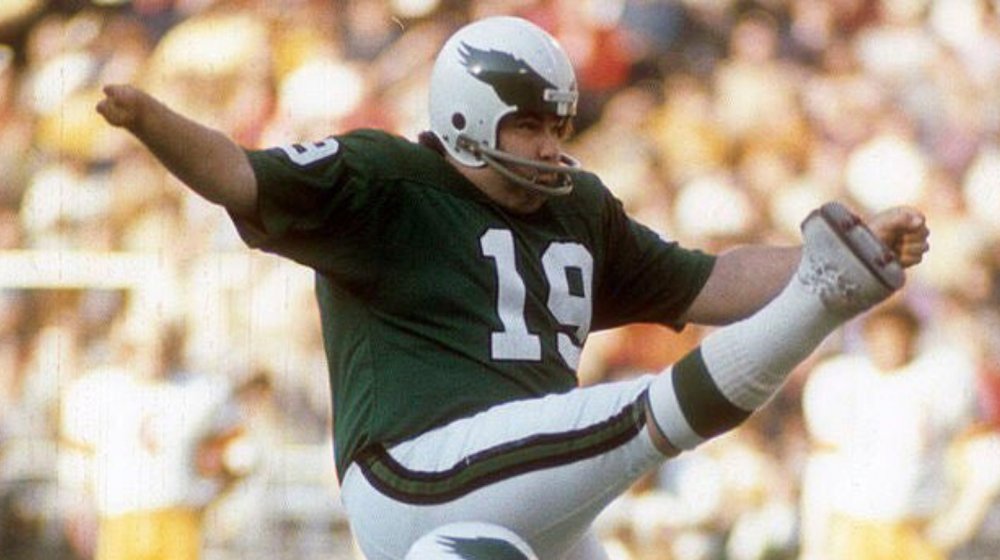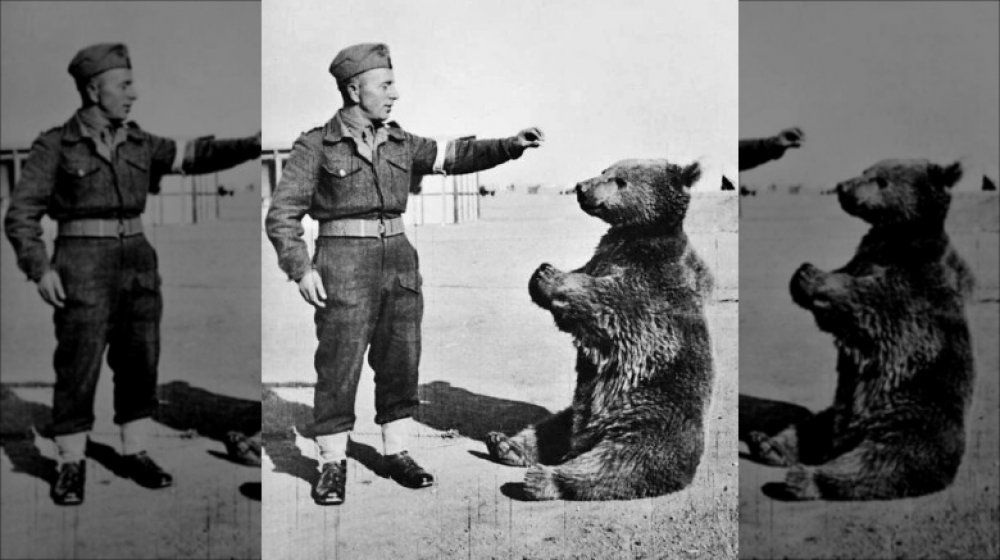
How The Koch Family Really Got So Rich
When David Koch died in 2019 at the age of 79, Business Insider reported that he and his brother Charles’ net worth totaled over $100 billion, making them two of the richest people in the world. In fact, that year they were tied for 11th place on the Forbes annual list of the world’s richest people. (In 2020, Charles tied with David’s widow Julie Koch and her family for 18th place; Forbes reported them as each having a net worth of $38.2 billion.)
Popularly known as the Koch Brothers, the pair are infamous for using their immense wealth to influence American politics. In a 2016 interview with CBC/Radio Canada, available on YouTube, investigative journalist Jane Mayer, author of Dark Money: The Hidden History of the Billionaires Behind the Rise of the Radical Right, called them “very, very strident libertarians who want to shrink the government, reduce taxes, particularly their own taxes, and reduce regulations on all kinds of industries.” She also called their influence so omnipresent and so extensive that they act “essentially as a third political party.”
How did the Kochs acquire such a gigantic amount of wealth in the first place?
Built on free-market economics
What was to become Koch Industries started out as the Wood River Oil and Refining Co., founded in 1940 by David and Charles’ father, Fred C. Koch, per Business Insider. Koch, Sr. was an MIT graduate who joined the Keith-Winkler Engineering Co. in 1925, soon renamed the Winkler-Koch Engineering Co. A “groundbreaking gasoline-refinement technique” led to the company’s success, but lawsuits from other companies led to Winkler-Koch seeking international opportunities and it “ventured into a Europe on the verge of war, building refineries that proved crucial to the development of the Soviet Union under Joseph Stalin and Nazi Germany.”
In 1946, Koch bought the Rock Island refinery in Oklahoma and changed his company’s name to the Rock Island Oil and Refining Co. According to the U.S. Securities and Exchange Commission, Charles G. Koch joined the company in 1961, became president in 1966, and took over as CEO in 1967 after the death of his father, at which point he renamed the company Koch Industries. Business Insider reported the company’s 1967 value at $250 million. Forbes reports that it then consisted of “an engineering firm, part-interest in a Minnesota refinery, a crude-oil-gathering pipeline in Oklahoma and some cattle ranches.” Charles Koch was a fan of free-market economics and “saw the newly renamed Koch Industries as a platform for experimentation.” David Koch joined his brother at the company in 1971.
Koch Industries are everywhere
Per Quartz, the Koch brothers’ rapid expansion of Koch Industries led to “more than a dozen subsidiaries involved in finance and commodities trading, the production of asphalt, chemicals, energy, fibers, fertilizers, minerals, natural gas, plastics, petroleum, pulp and paper, and ranching.” Business Insider reports that some of the company’s best known products include Dixie Cups and Quilted Northern toilet paper. They sold control of The Lycra Company in 2019 for $2.6 billion but still own 22.2 percent, according to Reuters. It’s hard to avoid Koch-related products even if you want to, because Koch Industries are everywhere.
This amount of wealth leads to problems, of course. Charles and David Koch spent years in court fighting their own brothers, Fred Jr. and Bill, who do not work for Koch Industries and charged that they hadn’t been fairly compensated for their company shares, says Business Insider. Koch Industries has also been charged millions of dollars in fines, including a $6.9 million settlement for a Minnesota oil spill, an $8 million federal criminal charge, a $28.5 million fine after one of its subsidiaries was charged with price fixing, $30 million in civil environmental fines due to causing over 300 oil spills, and $296 million paid in a wrongful death suit after an explosion sparked by a corroded pipe line killed two teenagers. The Kochs may well see these payments as just the price of doing business; after all, in 2019, Forbes ranked Koch Industries the largest private company in the United States with revenue of $115 billion.

How Marquis De Lafayette Helped Create A New Dog Breed

Here's Who Michael Jackson Didn't Include In His Will

The Real Reasons Jesus Fasted

Things People Get Wrong About Jesus

The Haunting Story Of The Siren Head Monster

This Is What Jesus Really Looked Like In The Bible

The Time Hall And Oates Stopped An Armed Robbery

What You Didn't Know About Todd Kohlhepp's Real Estate Career
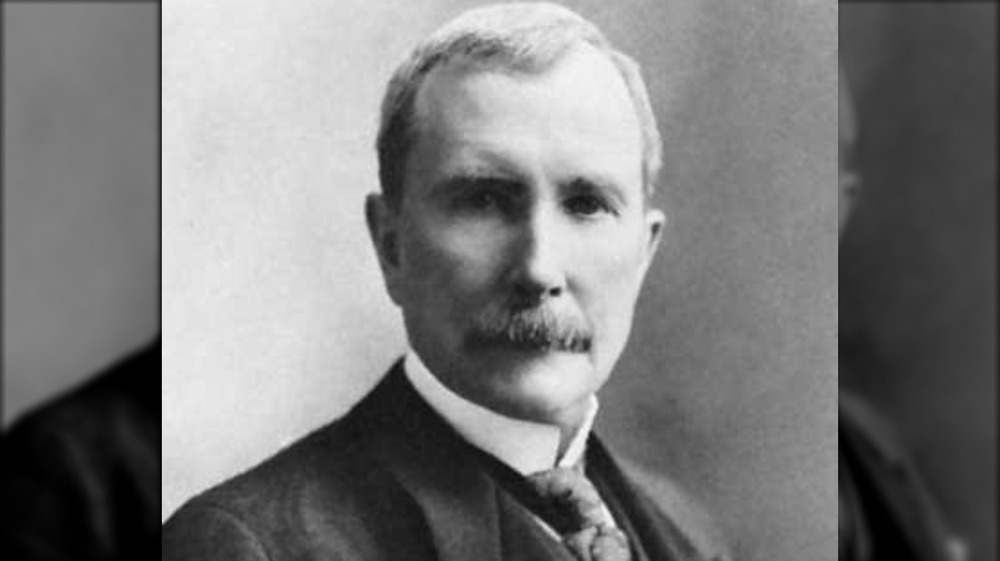
How The Rockefeller Family Really Got So Rich

This Is What Angels Really Looked Like In The Bible
